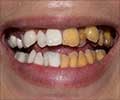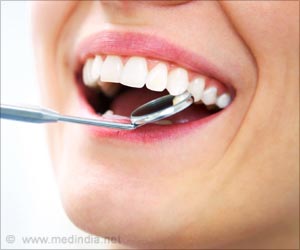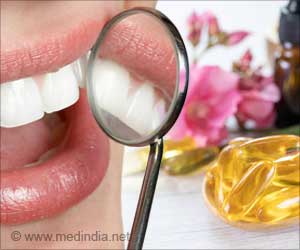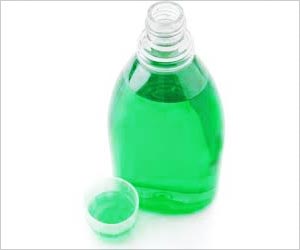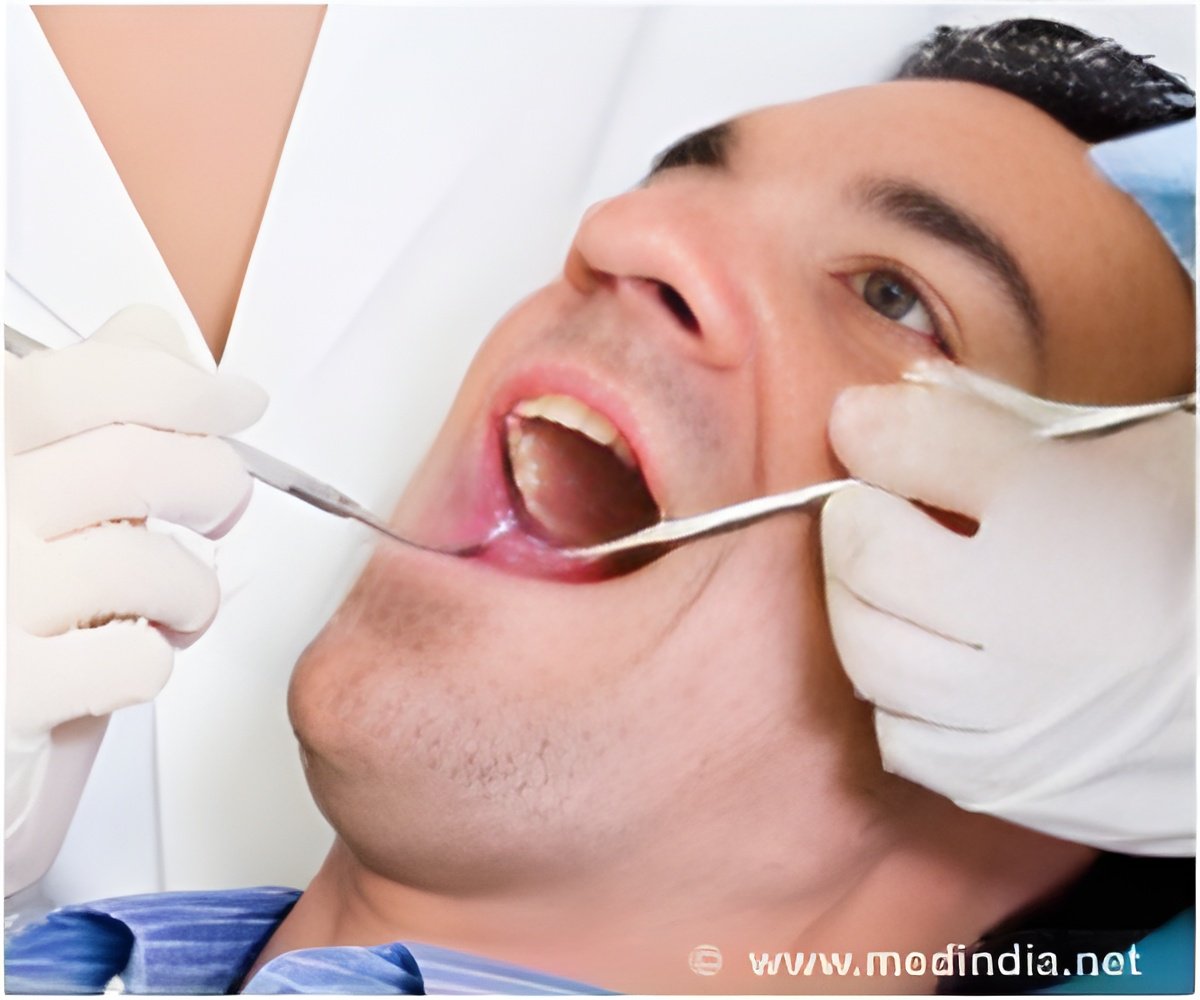
Best of all, mannitol, which is nearly identical to the sweetener sorbitol, is a safe and natural chemical found in fruits and vegetables and quickly passes through the body, LiveScience reported.
The most common anaesthetic injection for basic dental work, such as fillings for molars, is the inferior alveolar nerve (IAN) block. The standard injection in the United States contains lidocaine and epinephrine.
Lidocaine is the anaesthetic part, epinephrine is a vasoconstrictor that slows the absorption of lidocaine into the bloodstream, allowing it to linger around the tooth nerves for longer.
The term novocaine often is used generically for dental anesthetics, but Novocaine, with a capital N, is technically the trade name for procaine, an anaesthetic first synthesized in 1905 and not commonly used today.
In this study conducted by dental researchers from Ohio State University, 40 patients randomly received a different IAN block during three related visits to the dentist. One IAN block was the standard lidocaine-epinephrine mix, another was this plus about a millilitre of mannitol, and another was a higher volume of the lidocaine-epinephrine mix with the millilitre of mannitol.
Advertisement
Lidocaine can cause dizziness, headaches, blurry vision and other adverse affects at concentrations higher than what was used in this study. Nevertheless, mannitol may allow dentists to use less lidocaine for even better results.
Advertisement
Source-ANI


